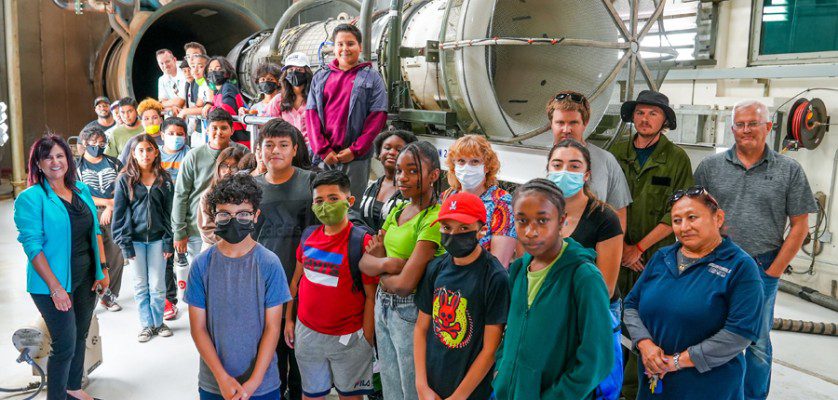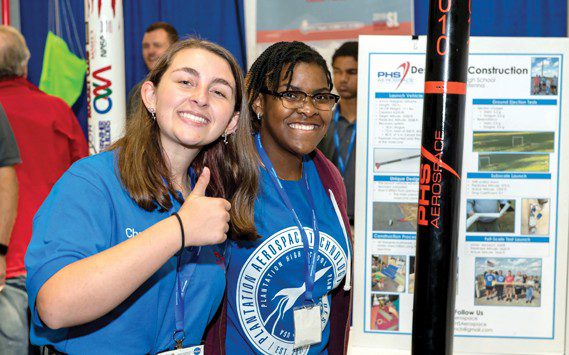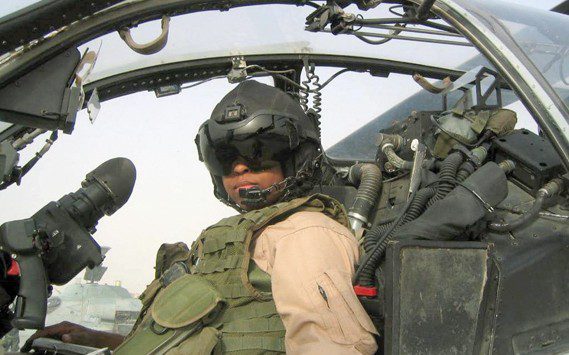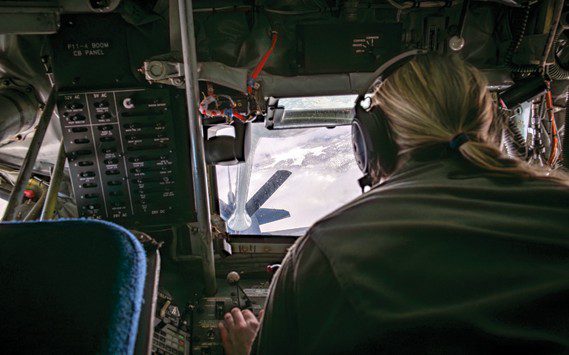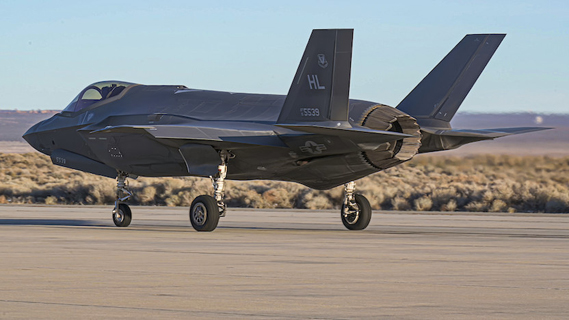Edwards Air Force Base STEM recently hosted 27 students in a first-ever pre-algebra summer program for local students at Blackbird Airpark in Palmdale, Calif.
The program is called Promoting Relevance and Interest in Mathematics Experiences, or PRIME. It was designed to prepare students for high school algebra. Edwards AFB STEM coordinator Helida Vanhoy said it is a pilot program that she hopes will take off and land at other bases.
“What we’re doing with this pilot program is we took three pretests and posttests this and we’re going measure the delta (change),” Vanhoy said. “We want to see if there truly is a delta, meaning that the students do feel like math is more important after going through the program and if they have a better understanding of the math concepts.”
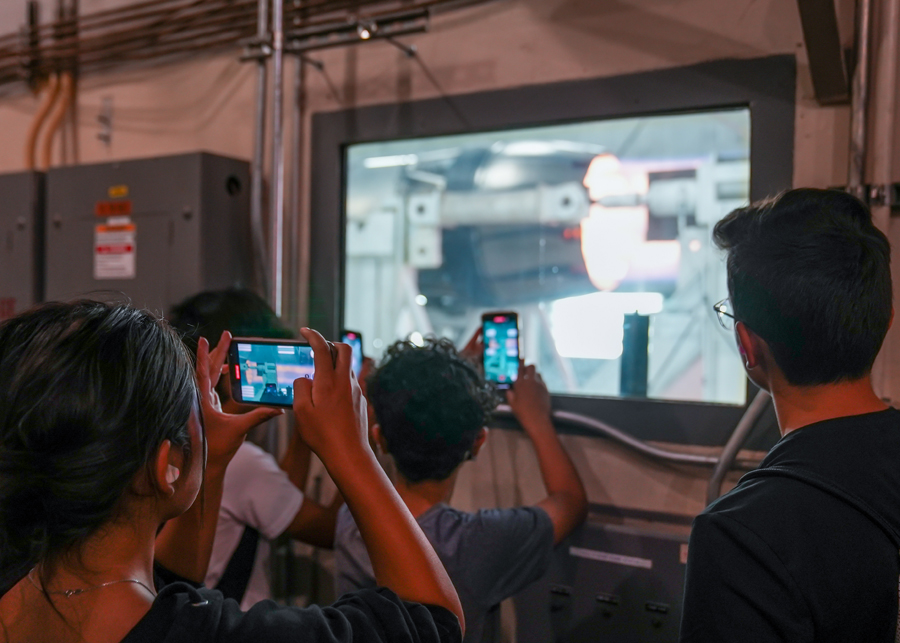
Vanhoy said math is a vital part of STEM and really is the key and PRIME’s approach to the subject is what sets it apart from other programs.
“The more I look around at all the programs that are out there, none of them really addresses the math specifically and the math is the core of every one of the sciences,” Vanhoy explained. “If we don’t address it … things are not working, kids are not getting better. We’re not getting as many people interested in the sciences when we keep doing the same thing over and over.”
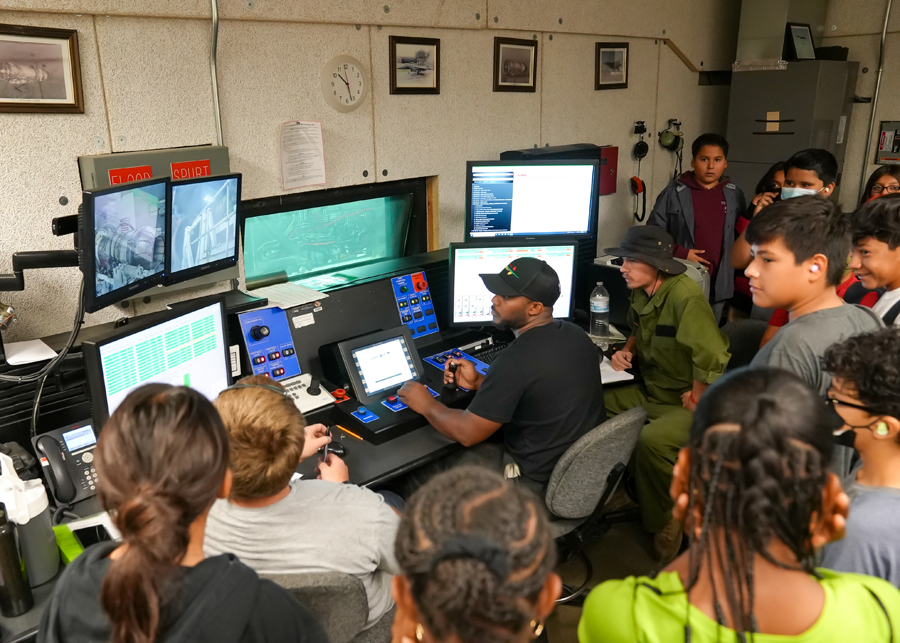
Vanhoy said the early results are promising and is excited to share her data with Air Force K-12 STEM. One of the early lessons learned about the pilot PRIME program is location.
Just like other test programs, PRIME had its share challenges that Vanhoy and her staff of volunteers worked through to overcome. Vanhoy explained that they had originally planned to conduct the program exclusively on Edwards. However, due to its distance to the nearby cities of Palmdale and Lancaster, only one student was able to attend the first day.
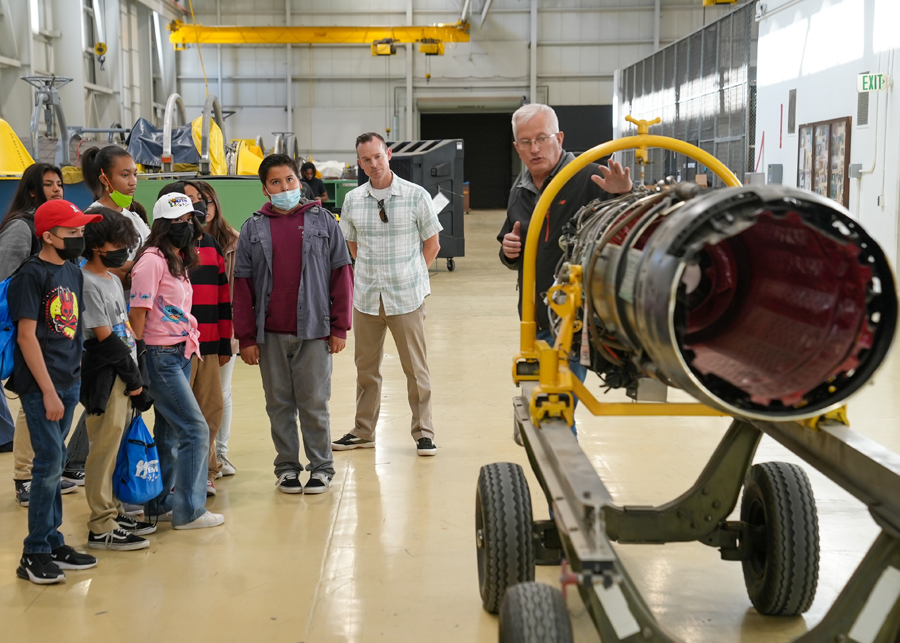
“We said ‘okay, let’s postpone the start for a week then the start the following Monday and give people an opportunity to sign up.’ We then again sent out information to the local school districts,” Vanhoy explained.
The Air Force Flight Test Historical Foundation stepped in to provide a classroom for PRIME at Blackbird Airpark and it was a gamechanger.
“Ultimately, that worked out really well. We ended up with a cohort of 27 students that showed up the whole time,” she said. “I was very impressed with everybody that worked on it, because we were able to quickly figure out what happened and how do we fix it to make it work. Just changing the location may made all the difference for the parents to be able to take their kids and pick them up, drop them off and pick them up every day. So that was great to know.”
Another factor on the program’s early success is that due to being a summer program, the students could focus only one subject for the whole class session.
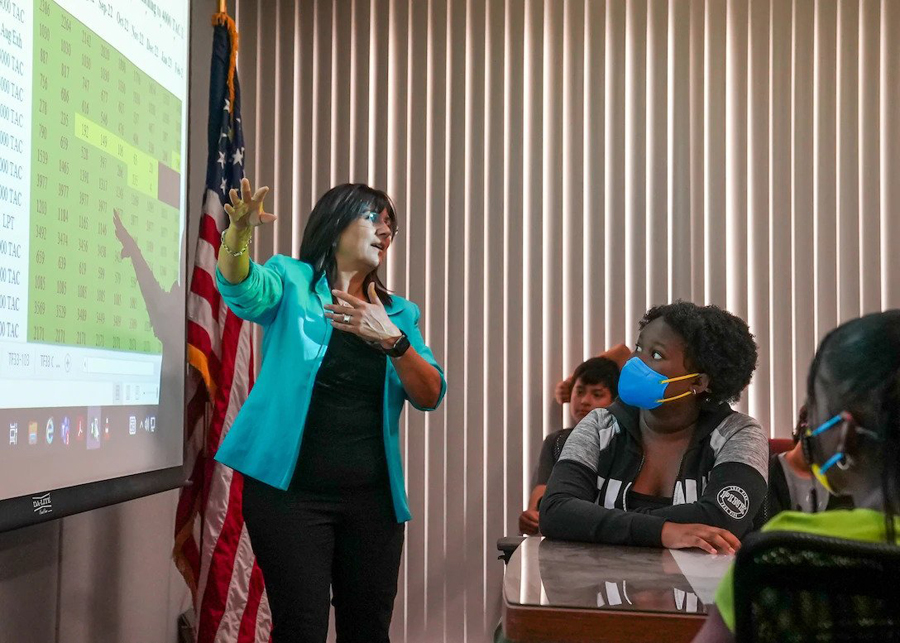
“They don’t have other classes to worry about, those days, their focus was on math,” Vanhoy said. “It’s a true testament to how well this program works the at the kids ended up staying and going through the program.”
With the program running one week shorter and with longer class sessions due to its protracted start, the PRIME staff wondered if that would be a factor in students’ engagement or attention in the program.
As it turns out, it was not.
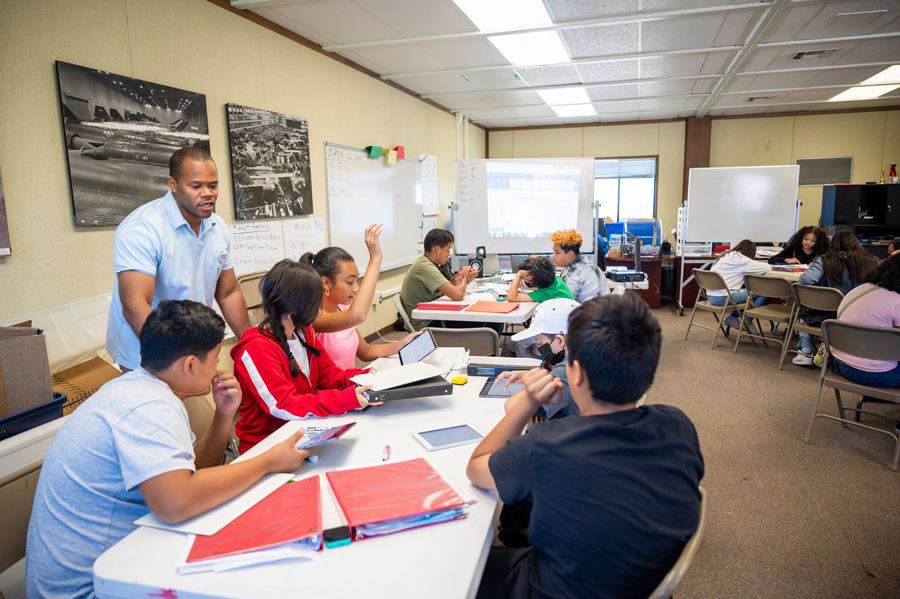
Perhaps the biggest contributing factor to the attitudinal improvement towards math could be attributed to showcasing advanced mathematics at work in a real-world setting at Edwards AFB.
During the program, students were able to received guided tours of base facilities and hear from subject matter experts on how they use STEM in their careers every day. One such trip was to the 412th Maintenance Squadron’s Propulsion Flight where specialized technicians maintain and test jet engines.
“We included the field trip opportunities here on base so that the kids can see how math is used here on every day for research and the cool things that are being done here,” Vanhoy added.
Vanhoy believes math is the gateway to STEM and the STEM career fields and hopes that with her data and results, PRIME will be replicated throughout the Air Force.
“The reason why we focus on math is because research shows that less than 1% of the student population pursues math, and so this is very concerning,” she said. “When you look at the state scores for math, they’re at 38%, which is really sad. We need to do something to address the math issues. And when you talk to the kids, they don’t like it, they don’t care for it, or they don’t think it’s relevant. So we’re trying to change that because the better understanding that the students have, then the better they’re going to do, not only in their math classes, but in the future.”






